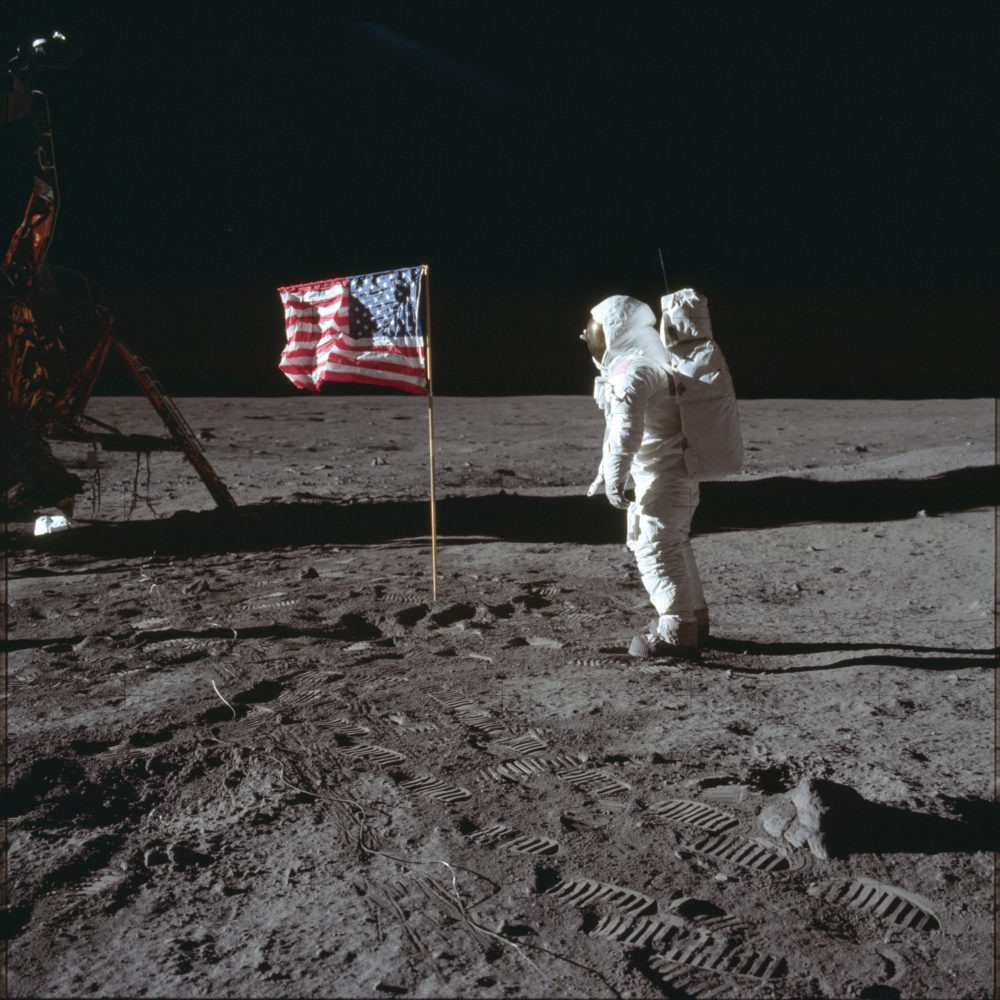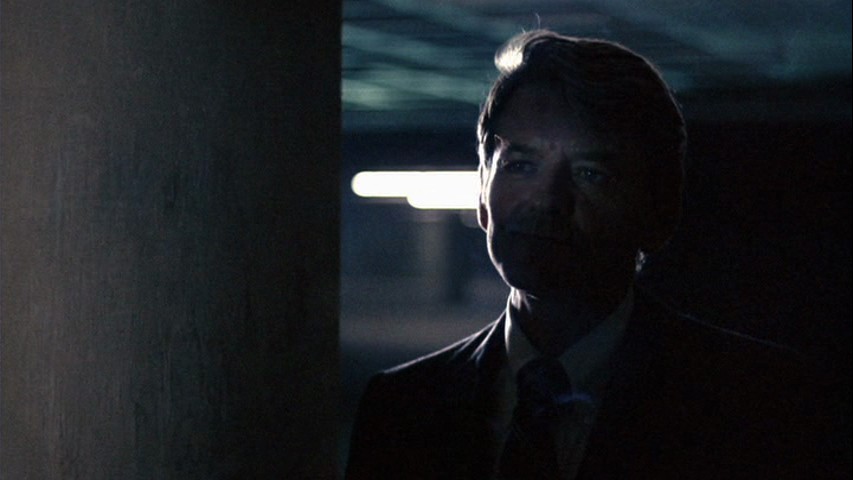World-changing events are rare, to say the least. But when we experience them — when we live them — the world-changing nature of the event is overwhelming. I count four of these events over my 51 years, “game changers” that took place before the current pandemic that has, indeed, altered our world. I’ve found myself measuring what’s to come by, in part, reflecting on how mankind reacted to the other pivot points of my lifetime.

I barely arrived in time for the Apollo 11 moon landing (July 20, 1969). But I grew up in a world — on a planet — that was merely part of something larger, and reachable by mankind. My parents shared children’s books about astronauts. The text books I read included Neil Armstrong among history’s most famous Americans. When the first Space Shuttle took flight (in 1981), the news entered my young mind, but didn’t force me to pause from that afternoon’s baseball practice. Humans fly in outer space. It’s what we do. When the Challenger exploded (in 1986), it sure as hell made me pause. Because the “custom” of space flight is never easy, never entirely safe, no matter how normal it might feel.
Watergate changed everything between American government and the media, and thus it changed the way the world interpreted the U.S. mission, the grand experiment of democracy (in the form of a republic). I learned about U.S. presidents with Richard Nixon’s resignation as the floor for standards. Eight presidents had died in office (four of them assassinated), but only Nixon’s forced departure exposed our country’s highest office to be one in which misbehavior would be held accountable. The Oval Office is no throne and a president’s decisions — to say nothing of his or her actions — must adhere to the larger mission of this country . . . or things fracture. Witness the current presidency.
I was a junior in college when the Berlin Wall crumbled, the literal destruction starting in the fall of 1989. I’ve always credited West Germany as much as Ronald Reagan or Mikhail Gorbachev for the fall of communism. The allure of choices, freedom, even luxury are too strong in the human psyche for a communist state to survive. Russia and China today are fascist states using a communist playbook. Communism is as dead as Norma Bates.
The fourth pivot point in my lifetime was the concerted terrorist attacks of September 11, 2001. The United States — the idea, as much as the geographic region — became a target, and one susceptible to large-scale violence. No trenches to dig, no conventional bombs necessary. Those determined to kill in the name of a higher calling (however defined) live among us. Air travel will never feel as comfortable as it did on September 10, 2001. And “making the world safe against terrorism” has become somewhat of an oxymoron.
Which brings us to 2020, a year that may be remembered for other happenings, but will be known for the novel coronavirus, COVID-19, the pandemic that brought the concept of human extinction way too close to our front doorstep. Surely we’ll find a way to prevail as a species, but how significantly will our “herd” be thinned? How will “normal” be defined if we return to a version, any version? The most human act of compassion — a hug — may now be considered . . . dangerous? It’s too much to consider, at least now with social distancing part of our world’s cure.
We are living a pivot point, the fifth of my lifetime. We’ll remember it, however many days we have left. Be smart, be safe. Be both patient and determined. Most importantly, empathize. When the world changes, we all change together.


